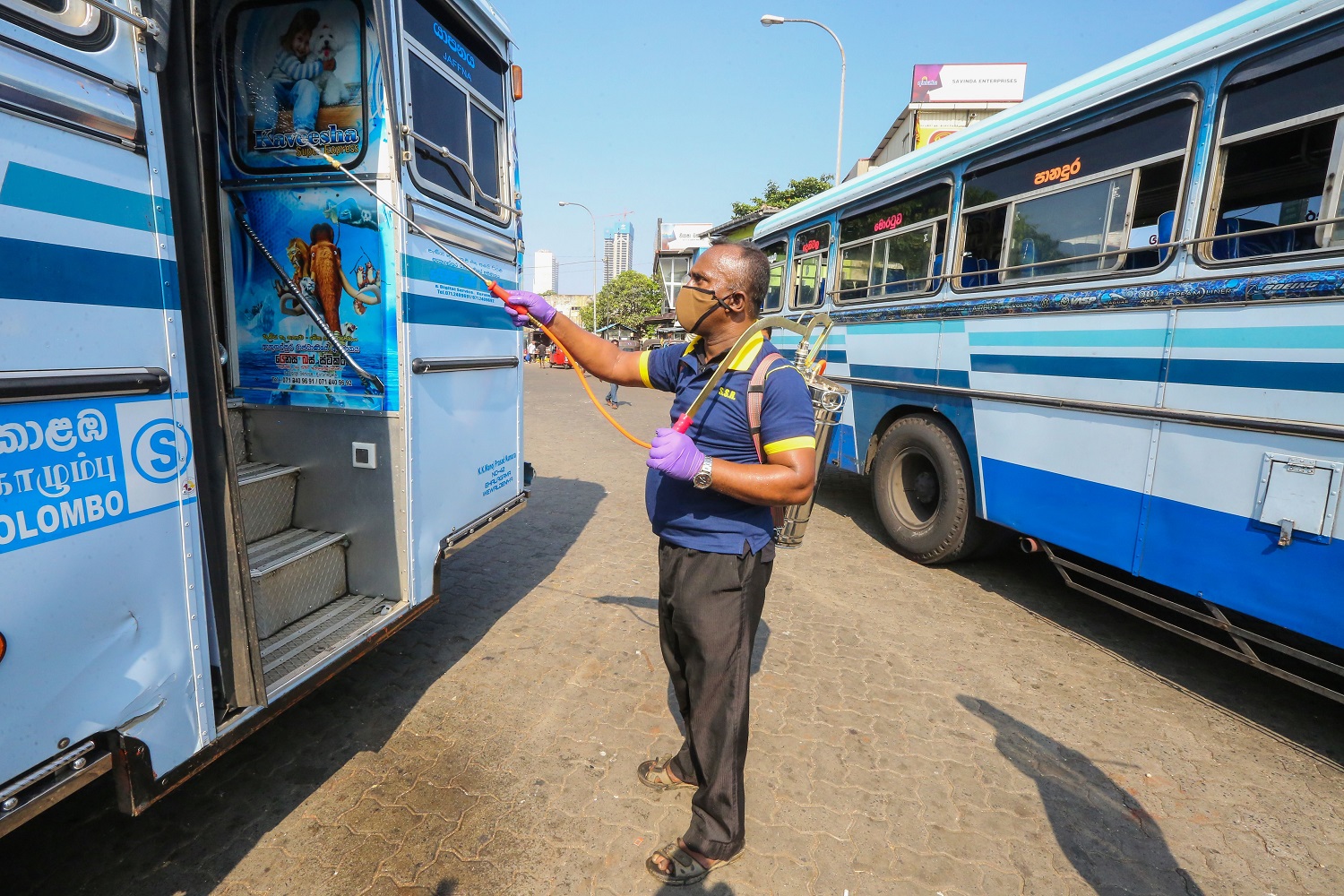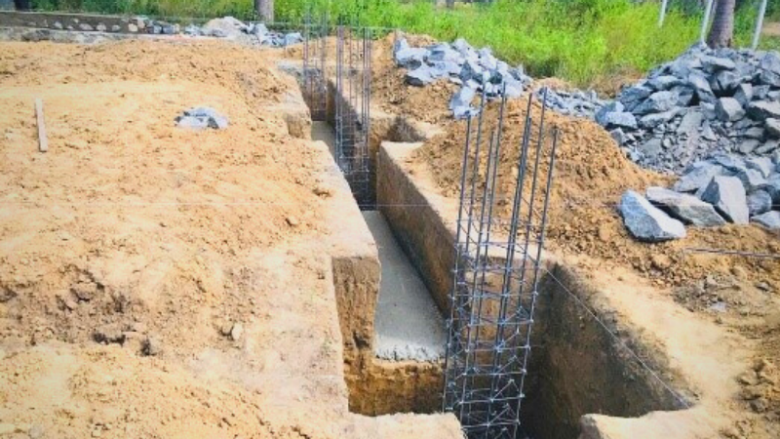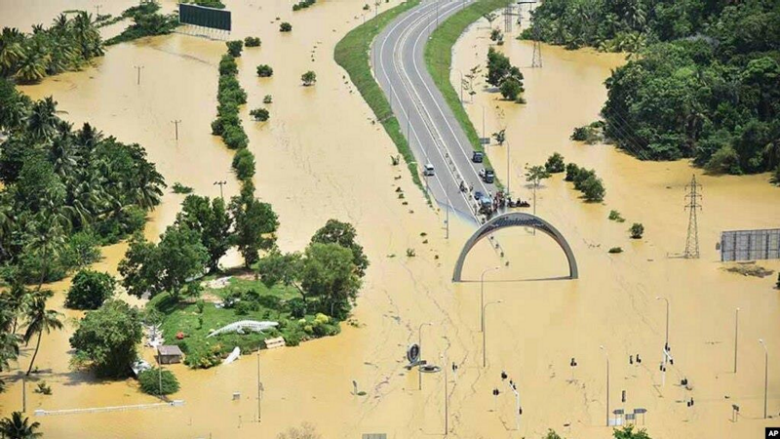CERC Pool supports flood response activities by setting up centers and camps that provide shelter as well as personal health and safety kits. Photo: Disaster Management Center, Sri Lanka.
Digital Development
Under the $5.95 million ICT component, the Information and Communication Technology Agency (ICTA), in collaboration with various stakeholders, is working to improve digital infrastructure and bring public services online, to allow government officials to work efficiently from home. Under this initiative, ICTA is rolling out the following activities: expansion of the Lanka Government Cloud 2.0 (LGC 2.0), including the establishment of a high-availability disaster recovery site, implementation of a government-wide email and collaboration system and video conferencing facility, and a pilot digital forms submission platform (forms.gov.lk). These CERC activities are part of a broader digital transformation effort to implement a “whole-of-government approach” to improve the delivery of public services, making digitalization the way forward for Sri Lanka.
Transport
The $24.2 million allocation from the transport sector is to implement sanitation and COVID-19 related social distancing measures on public transport. CERC activities have focused on the purchase of non-contact Infrared (IR) thermometers in buses, provide Personal Protective Equipment (PPE) for transport employees, and to procure sanitizer spray machines for 300 bus terminals.
Disaster Risk Management
A $1.61 million allocation under the CERC Pool supports flood response activities including setting up centres/camps to provide shelter to displaced persons from seasonal monsoon related flooding, purchase of folding field beds, thermometers, first aid kits, PPE, power banks, cleaning equipment and ration packs. In addition, the support includes purchase of fuels for operation of machinery and vehicles to ensure flood preparedness and timely support for displaced people.
“The CERC Pool has shown the importance of incorporating disaster risk management across critical sectors to improve Sri Lanka’s disaster preparedness and ensure timely support for affected people during emergencies,” Ms. Kanda added. “The World Bank remains committed to supporting Sri Lanka’s efforts to build back better.”



